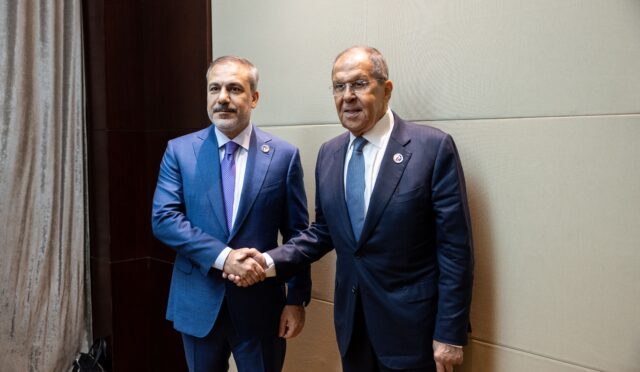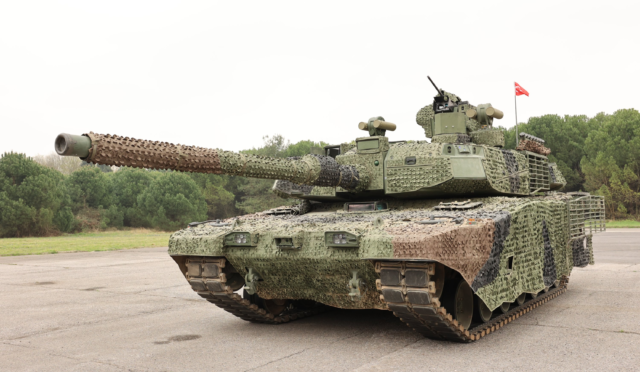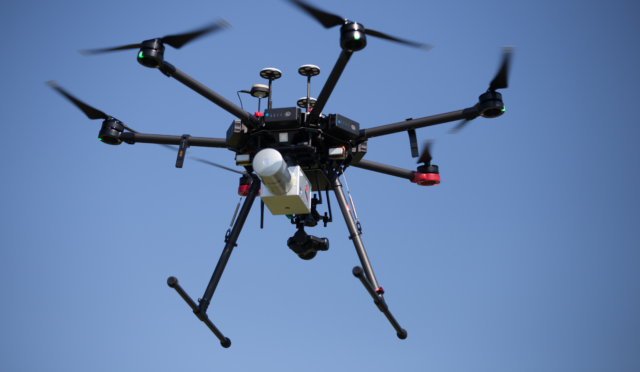KUWAIT CITY — The Kuwaiti Armed Forces have officially inducted the Turkish-made Bayraktar TB2 armed unmanned aerial vehicle (UAV) into active service, marking a significant step in the modernization of the country’s air capabilities.
The commissioning ceremony took place at Salem Al-Sabah Air Base, with the presence of Kuwait’s Minister of Defense, Sheikh Abdullah Ali Abdullah Al-Sabah. The event included a live flight demonstration and a detailed technical briefing highlighting the drone’s operational capabilities.
In 2023, Kuwait signed a $370 million defense agreement with Turkey for the procurement of 18 Bayraktar TB2 drones, 1,800 Roketsan-manufactured MAM-L smart micro munitions, three Ground Control Stations (GCS), and a training simulator. Of the total contract value, $90 million was allocated to the UAVs, while the remaining $280 million covered the cost of munitions and support equipment.
Developed by Baykar, the Bayraktar TB2 has gained international recognition for its battlefield effectiveness in various conflicts, including in Libya, Nagorno-Karabakh, and the ongoing Russia–Ukraine war since 2022.
Enhanced Reconnaissance and Tactical Capability

In a statement, the Kuwaiti Armed Forces emphasized the UAV’s key strengths in “precision surveillance and reconnaissance, close air support, and tactical mission execution.” Officials noted that the system enhances the air force’s ability to integrate modern technologies into its operational framework.
Defense Minister Sheikh Abdullah highlighted the importance of UAV integration for the Kuwaiti military:
“The introduction of unmanned aerial systems marks a pivotal milestone in enhancing our capabilities, particularly in surveillance, reconnaissance, and intelligence gathering.”
The Bayraktar TB2 is equipped with advanced electro-optical systems, autonomous flight capabilities, and precision-guided munitions, enabling it to perform high-impact missions with minimal risk to personnel. The integration of this platform into Kuwait’s air force is expected to significantly strengthen the country’s situational awareness and strategic deterrence in a rapidly evolving security environment.







